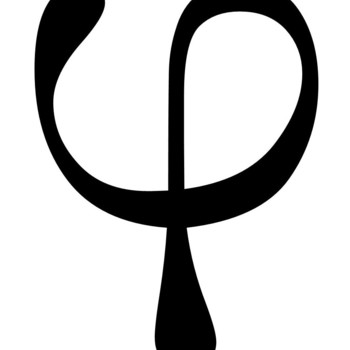How to establish this identity?
#(sin^2(-x)-cos^2(-x))/(sin(-x)-cos(-x) #
#= cos x - sin x#
3 Answers
We seek to prove the identity:
# (sin^2(-x)-cos^2(-x))/(sin(-x)-cos(-x)) -= cos x - sin x #
Consider the LHS:
# LHS = (sin^2(-x)-cos^2(-x))/(sin(-x)-cos(-x)) #
Using the fact that sine is and function and cosine is an even function we have:
# sin(-x)=-sin(x)# and#cos(-x)=cos(x)#
Then:
# LHS = (sin^2(x)-cos^2(x))/(-sinx-cosx) #
# \ \ \ \ \ \ \ \ = ((sinx+cosx)(sinx-cosx))/(-(sinx+cosx)) #
# \ \ \ \ \ \ \ \ = -(sinx-cosx) #
# \ \ \ \ \ \ \ \ = cosx-sinx \ \ \ # QED
See below.
Explanation:
We have
Since
Since
Since
Cancel out
Proved.
See the steps below!
Explanation:
Remember that,
This means,
Manipulate the left hand side:
Apply the difference of squares rule
So that we have:
Take negative common in the numerator to get:
Canel out the common factor
Simplify:
That's it. We just showed that the two sides could take the same form!



